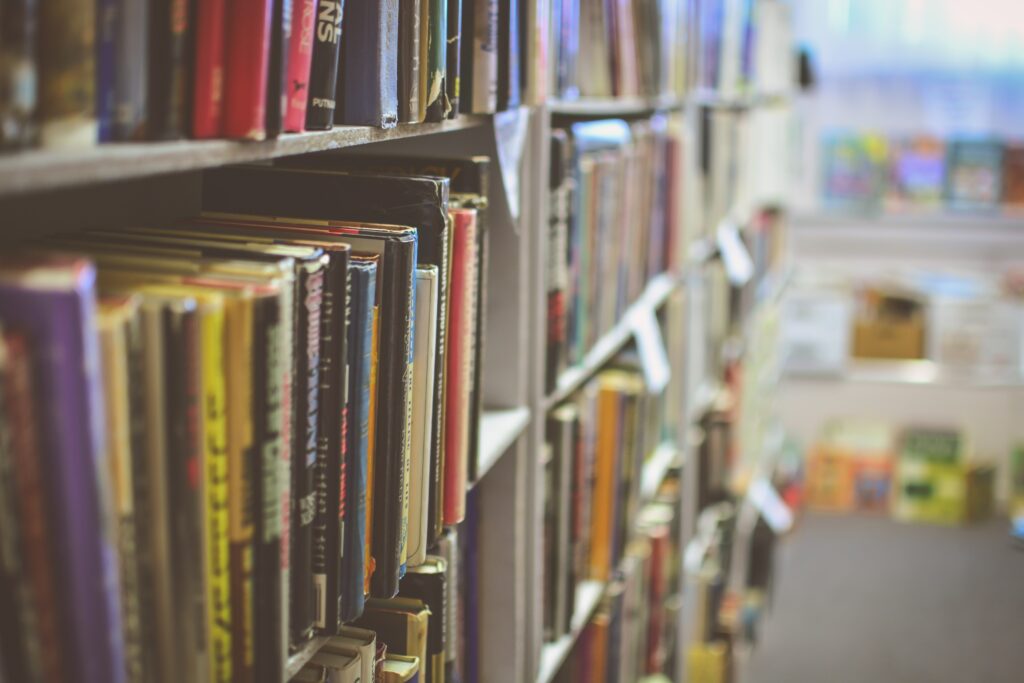
If I had a million dollars…
How would I support students’ personalized literacy learning in my classroom if I had an influx of funds? There is no single thing I would do with that money but there are many ways I can think of to foster the skills of the 21st century. I would want to encourage positive development by addressing all aspects of a student’s self (Brokenleg & Van Bockern, 2003). There are some supplies that I would get that any student could use and others that might be only useful to some.
I would invest in some technologies, such as class sets of tablets and laptops. I would also look into the most useful education apps available for these. Making sure that students have access to free and paid/subscription-based apps in the classroom can help with new literacies as they may not have access to these tools or apps at home. I would also include games like Roblox and Minecraft because I value learning through play and these foster creativity, problem-solving, critical thinking, and communication (in multiplayer). While tablets and laptops are no replacement for a teacher as demonstrated in the TEDx talks by Mary Jo Madda (2017), they will help students become familiar or deepen their understanding of how useful tablets and laptops can be.

I would also collect an extensive library for my class. I would like to include books and graphic novels that reflect the diverse learners within my classroom. Curating this would take time and grow and change with my classes over the years but I love the idea of students finding representation of themselves in literature. Further, reading stories about lives we aren’t exposed to will foster empathy and cultural literacy in students.
I would also set aside a fund for guest speakers to come into the class. These speakers would cover all different subjects from technology to environmental issues. This also reiterates that we are all learners and teachers may not have all the answers to all questions. Instilling the idea that we are all both teachers and learners interchangeably is an important part of my classroom so having the ability to invite, and compensate, speakers would be wonderful. If possible, I would try and have an elder or knowledge keeper from the local nation on a more regular basis to give language lessons in the traditional language of the territory I teach in.
By incorporating all of these ideas in purposeful and intentional ways I think that the money will be well spent, and hopefully, last many years.
References
Cope, B. & Kalantzis, M. (2009). “Multiliteracies”: New literacies, new learning. Pedagogies: An international journal, 4:3, 164-195. DOI: 10.1080/15544800903076044
Brokenleg, M. & Van Bockern, S. (2003). The Science of Raising Courageous Kids. Compassion Publishing Ltd. Vol. 12, No. 1. from https://bright.uvic.ca/d2l/le/content/56791/viewContent/752277/View
Manning-Lewis, T. (2021, July 16). Literacy in a Digital Age [PowerPoint]. https://bright.uvic.ca/d2l/le/content/128692/viewContent/1170805/View
TEDxTalks. (2017, December 11). Why technology can’t fix education | Mary Jo Madda | TEDxChicago [Video]. YouTube. www.youtube.com/watch?v=Lqjh24uq9tM